Biden may pardon leaker of Trump’s tax records
- Update Time : Friday, January 17, 2025
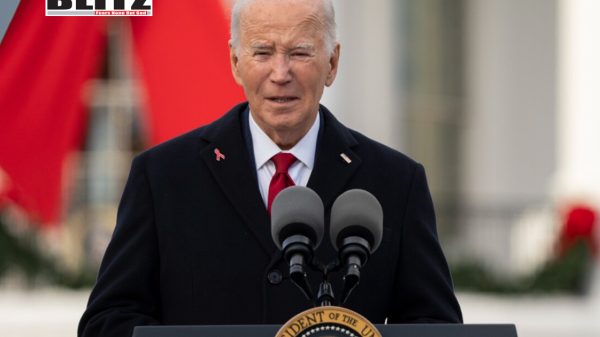
As President Joe Biden’s term nears its conclusion, his administration is reportedly considering commuting the sentence of Charles Littlejohn, the former Internal Revenue Service (IRS) contractor convicted of leaking sensitive tax records of wealthy Americans, including then-President Donald Trump. According to the Justice Department’s pardon database, Littlejohn’s clemency application is under formal review, adding a new layer of controversy to an already polarizing presidency.
This development comes on the heels of Biden’s unprecedented use of presidential clemency powers. His record number of pardons and commutations has included high-profile cases, such as those involving his son, Hunter Biden, who faced charges of tax evasion and firearm violations. Littlejohn’s case, however, stands out due to its significant implications for privacy, journalism, and the politicization of tax information.
Charles Littlejohn was sentenced to the maximum penalty of five years in prison in late 2024, following his guilty plea in October of that year. Prosecutors described the case as the largest theft of Internal Revenue Service (IRS) records in history. Littlejohn admitted to stealing the tax records of “thousands” of prominent Americans and leaking them to media outlets, including The New York Times and ProPublica.
The leaked information gained national attention when The New York Times published a 2020 article revealing that Trump paid only $750 in federal income taxes in 2016 and 2017 and paid nothing in most other years due to reporting significant financial losses. ProPublica later expanded on this data in 2021, publishing a series of articles detailing the tax practices of America’s wealthiest individuals.
The revelations sparked a firestorm of political and public debate, particularly given their timing in the lead-up to the 2020 presidential election. Critics accused Littlejohn of undermining the sanctity of private tax information, while others argued that his disclosures served the public interest by shedding light on systemic inequities in the US tax system.
While Littlejohn faced the full force of the law, the media outlets that published the leaked tax records have not been accused of any wrongdoing. The New York Times and ProPublica both defended their actions as legitimate journalism protected under the First Amendment.
In a 2023 editor’s note, the Times’ then-editor reaffirmed the press’s right to publish newsworthy information that is legally obtained by reporters. Similarly, ProPublica stated that it had no knowledge of Littlejohn’s identity when it received the leaked data, further insulating itself from legal repercussions.
The legal protections afforded to journalists in cases like this highlight a significant tension in the intersection of press freedom and the unauthorized disclosure of sensitive information. On one hand, the media’s role in holding powerful figures accountable is a cornerstone of democracy. On the other hand, the unauthorized leaks raise ethical and legal questions about privacy and the limits of whistleblowing.
Littlejohn’s potential clemency comes as Biden prepares to leave office on January 20, 2025, and it fits into a broader pattern of his administration’s approach to pardons and commutations. Biden has issued a record number of clemencies during his term, with many of them focusing on nonviolent offenders, drug-related cases, and individuals who have demonstrated rehabilitation.
However, his clemency decisions have not been without controversy. The pardon of his son, Hunter Biden, for charges including tax evasion and firearms violations, drew significant criticism from Republicans and even some Democrats. Critics argued that the move set a dangerous precedent of perceived nepotism and undermined the principle of equal justice under the law.
Granting clemency to Littlejohn could further inflame these criticisms, especially given the politically charged nature of his case. Supporters of clemency for Littlejohn argue that his actions exposed systemic issues in the tax system and served the public interest. Opponents, however, contend that commuting his sentence would send a troubling message about the consequences of breaching confidentiality and misusing access to sensitive information.
Donald Trump has not minced words regarding the disclosure of his tax records. When congressional Democrats publicly released some of his tax filings in late 2022, he framed the revelations as proof of his business acumen.
“The Trump tax returns once again show how proudly successful I have been and how I have been able to use tax depreciation and various other tax deductions as an incentive for creating thousands of jobs and magnificent structures and enterprises,” he said in a statement.
Trump’s response highlights a broader debate about the use of legal tax loopholes by wealthy individuals and corporations. While his supporters view his financial practices as savvy and legal, critics argue that they underscore the need for tax reform to ensure that the ultra-wealthy pay their fair share.
The Littlejohn case raises significant questions about the balance between transparency and privacy. On one side of the debate are those who believe that exposing the tax practices of wealthy individuals serves the public interest by highlighting systemic inequities. On the other side are those who argue that the unauthorized disclosure of private information undermines trust in institutions and sets a dangerous precedent.
The case also underscores the growing politicization of the IRS and tax information. The agency’s role in safeguarding sensitive data is critical to its function, yet breaches like the one orchestrated by Littlejohn erode public trust and fuel partisan divisions.
Additionally, the case has reignited discussions about whistleblower protections. While Littlejohn’s actions were illegal, some argue that they align with the broader tradition of whistleblowing, where individuals disclose wrongdoing or systemic issues in the public interest. Strengthening protections for whistleblowers could provide a more structured and legal pathway for exposing systemic problems without compromising sensitive information.
As Biden weighs whether to commute Littlejohn’s sentence, the decision is likely to be viewed through a partisan lens. Republicans are expected to frame the move as another example of the Biden administration’s leniency toward lawbreakers and its politicization of justice. Democrats, on the other hand, may see it as a continuation of Biden’s focus on criminal justice reform and an acknowledgment of the broader public interest served by Littlejohn’s disclosures.
Whatever Biden’s decision, it will undoubtedly have lasting implications for the ongoing debate about privacy, transparency, and the role of the media in a democracy. It will also serve as a defining moment in his legacy, reflecting his administration’s priorities and approach to the complexities of justice and accountability.
As the clock ticks down on Biden’s presidency, the outcome of Littlejohn’s clemency application remains uncertain. What is clear, however, is that the case will continue to resonate long after the current administration leaves office, shaping discussions about the limits of whistleblowing, the sanctity of private information, and the role of journalism in holding power to account.



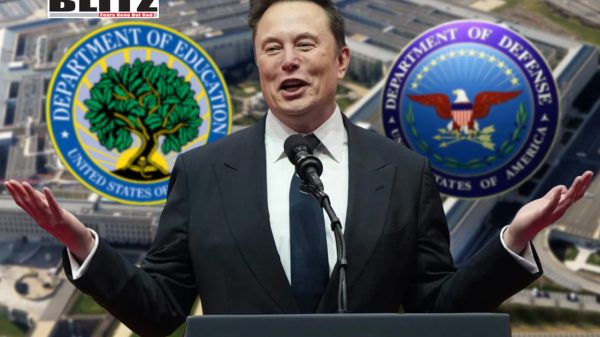
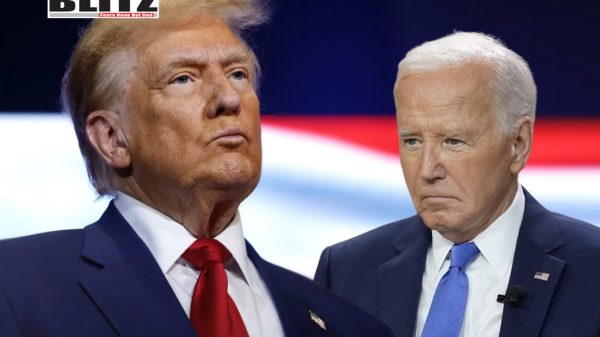

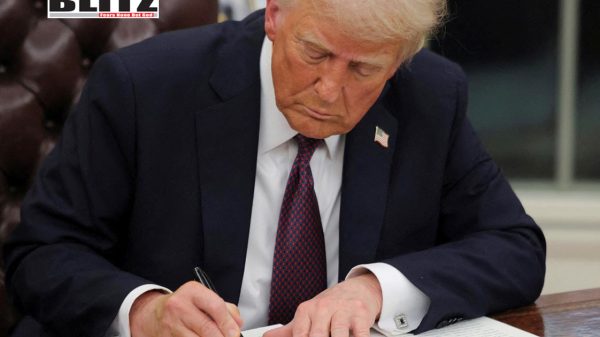

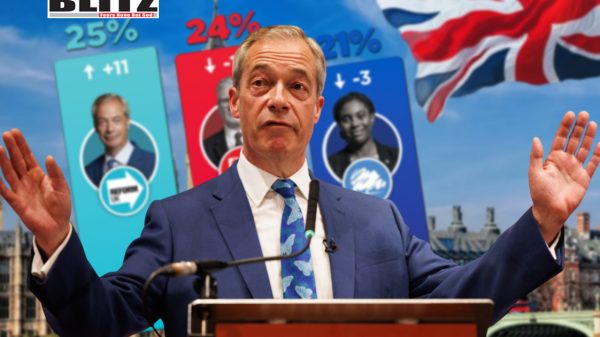


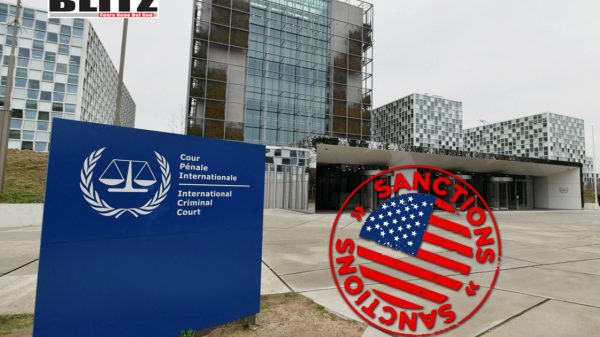

Leave a Reply